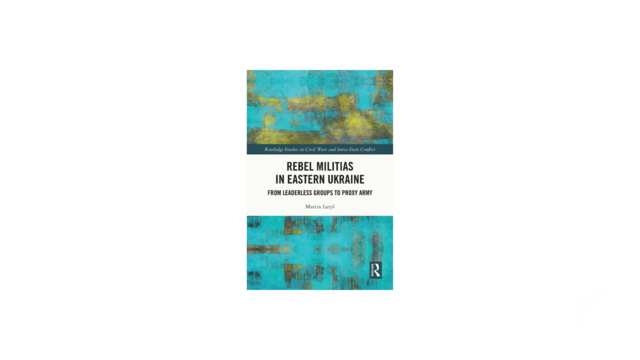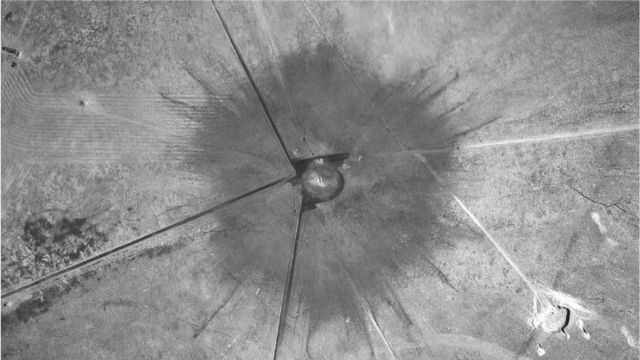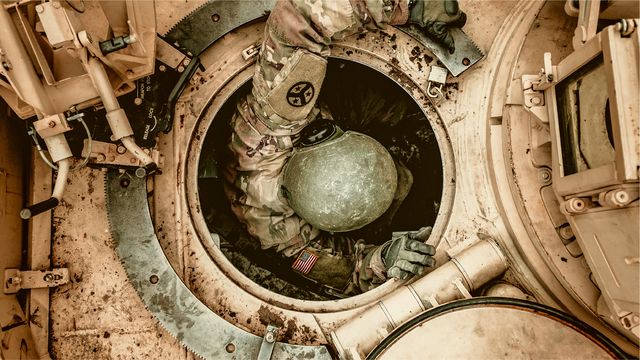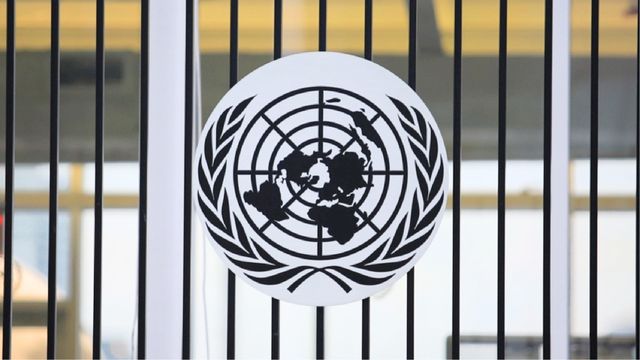Can the Necessary International Legal Framework to Achieve a Nuclear-WeaponFree World Be Reached?

The answer to this question can, to a certain extent, be found in the significant resolution of the First Committee (Disarmament and International Security Committee), which was approved within the framework of the 71st Session of the UN General Assembly at the end of October this year. The title of Resolution A/C.1/71/L.41 calls for progress in multilateral negotiations (Taking Forward Multilateral Nuclear Disarmament Negotiations). Its significance, and we could also say its historically unprecedented character, lies in Article 8 of the operative part, which contains the decision …to convene in 2017 a United Nations conference to negotiate a legally binding instrument to prohibit nuclear weapons, leading towards their total elimination. The conference should take place in New York during two time periods (from 27 to 31 March and from 15 June to July 7) with the participation of UN member states, unspecified international organizations and civil society representatives. The mentioned article was added to the resolution based on a recommendation of the conclusion report of the Open-ended Working Group (OEWG), which held talks in Geneva during the first half of 2016 on the evaluation of new legal measures and necessary norms to attain a nuclear-weapon-free world. To demonstrate their disagreement with the OEWG mandate, none of the nuclear-weapon states participated in the negotiations. Any disagreements were thus presented by representatives of allied or partner countries of the nuclear-weapon states (as the nuclear-weapon states provided the allied or partner countries with a so-called nuclear umbrella) which were taking part in the talks.
At the negotiations of the First Committee, Austria tabled a resolution which was sponsored by around 50 countries, led by Brazil, Ireland, Mexico, Nigeria and South Africa. It was passed by a majority of the votes on 27 October (123 in favor, 38 against, 16 abstentions). Out of nine nuclear-weapon states the DPRK surprisingly voted in favour of the resolution, the People’s Republic of China, India and Pakistan abstained and the rest of the nuclear-weapon states (France, Israel, the Russian Federation, Great Britain and the USA) voted against it. The Netherlands set itself apart from the negative voting of the allied non-nuclear weapon states by abstaining.1 Further voting on this and other resolutions by all six committees will take place at a plenary meeting of the UN General Assembly at the end of this year. It can be expected that the voting result of the above mentioned resolution will not be significantly different from the previous one of the First Committee.
Long-term stagnation in the main disarmament forums
If we look at the issue of nuclear disarmament from the point of view of the development of multilateral disarmament negotiations at the main forums of the disarmament apparatus (the Conference on Disarmament in Geneva, the UN Disarmament Commission, the First Committee of the UN General Assembly and the review process of the Treaty on the Non-Proliferation of Nuclear Weapons) the situation is rather dismal. Given the principle of consensus decision-making, including consensus decision-making on proposed agreements, which applies to all negotiation forums, with the exception of the First Committee and also given the lack of political will and unwillingness to reach a compromise in the results on the side of nuclear-weapon powers, the multilateral disarmament negotiations process of these bodies has stagnated for the past several years. At the Conference on Disarmament in Geneva, which is the most important body with a mandate for negotiating disarmament agreements, all action has been blocked for the last twenty years. In contrast to other types of weapons of mass destruction, that is chemical and biological weapons, which are banned by relevant conventions in the long-term, there is no similar international legal instrument for the much more destructive nuclear weapons. Yet, when they discuss the issue of nuclear weapons and disarmament, all of the representatives of both nuclear-weapon and non-nuclear-weapon states simultaneously support the creation of a nuclear-weapon-free world and, in this context, they sometimes recall the “Prague speech” of US President Barack Obama in April 2009, in which he unequivocally supported this goal...









